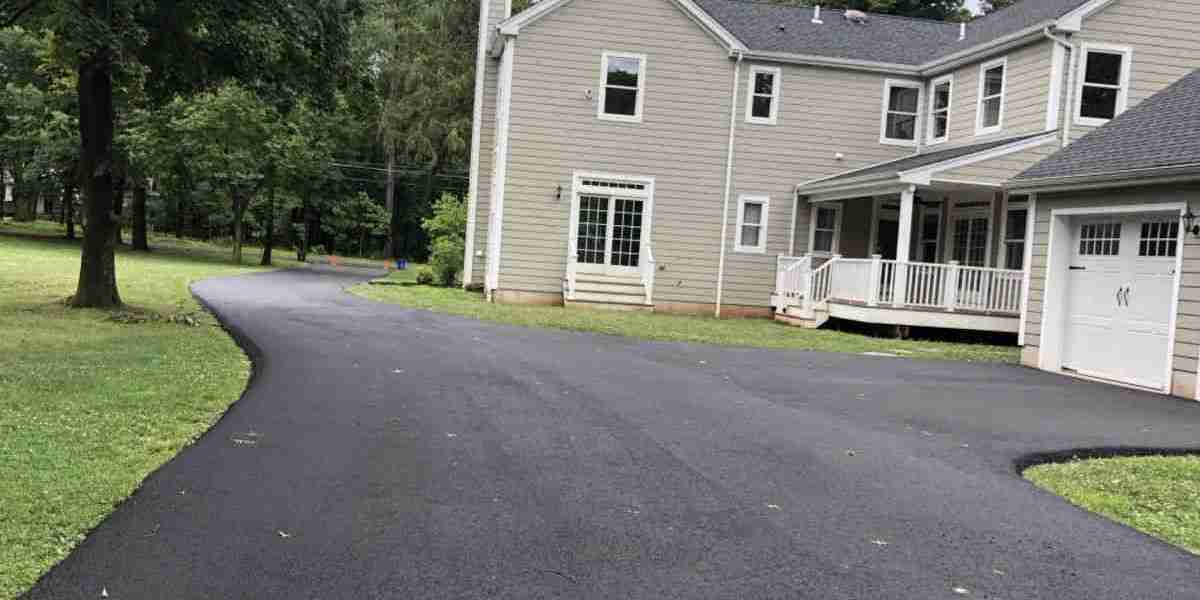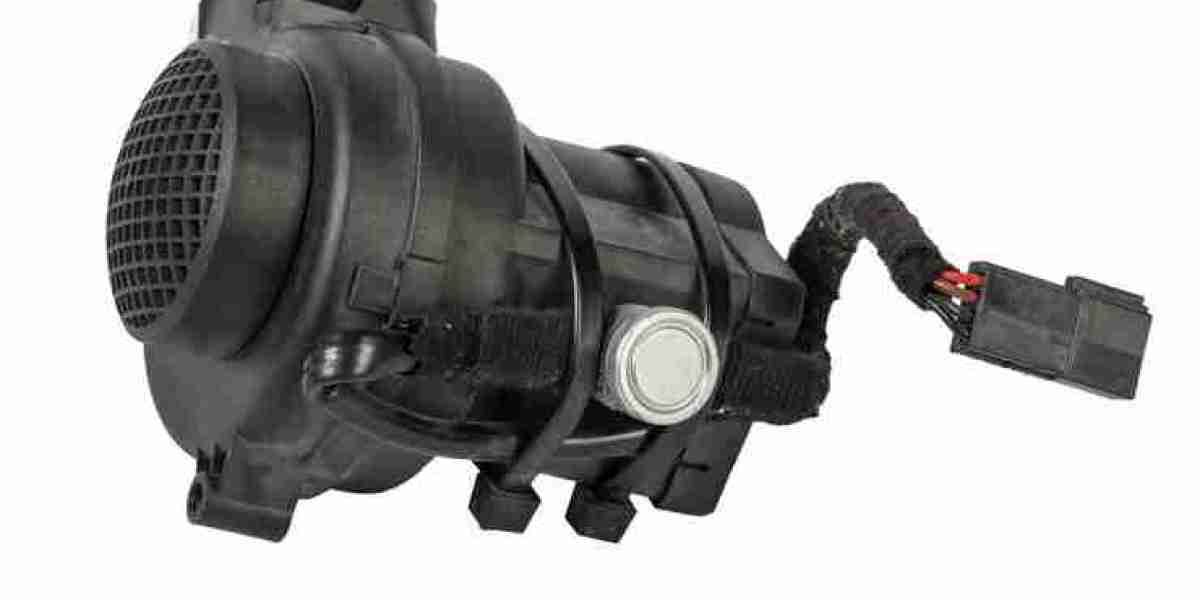When it comes to paving solutions, asphalt and concrete are the two most widely used materials. Whether you're installing a new driveway, resurfacing a road, or upgrading a parking lot, both options offer durability, cost-effectiveness, and versatility. But what makes these materials so popular? Let’s dive into the benefits of asphalt and concrete to understand why they are the top choices for paving projects. If you're considering a new surface, consulting paving specialists in Wimborne can help you make the best decision for your needs.
What Makes Asphalt and Concrete Stand Out?
Both asphalt and concrete have been used in paving for decades, offering different advantages depending on the application. While asphalt is known for its flexibility and quick installation, concrete is praised for its strength and longevity. Let’s break down why these materials dominate the paving industry.
The Advantages of Asphalt Paving
1. Cost-Effective Installation
One of the biggest advantages of asphalt is its affordability. Compared to concrete, asphalt is generally cheaper to install, making it an attractive option for homeowners and businesses looking for a budget-friendly paving solution.
2. Quick and Easy Installation
Asphalt paving can be completed in a shorter time frame than concrete. Most asphalt driveways and roads can be used within a day or two after installation, while concrete requires a longer curing period. This makes asphalt ideal for projects that need a quick turnaround.
3. Durability and Flexibility
Asphalt is known for its flexibility, which allows it to expand and contract with temperature changes. This makes it less prone to cracking, especially in regions that experience extreme weather conditions. Proper maintenance, such as sealcoating, can extend its lifespan even further.
4. Easy Repairs and Maintenance
Unlike concrete, asphalt repairs are relatively simple and cost-effective. Small cracks and potholes can be filled quickly, and resurfacing an asphalt driveway is much easier than replacing a concrete one. Regular maintenance, like sealing and patching, helps keep asphalt surfaces in excellent condition.
5. Smooth and Quiet Ride
Asphalt provides a smooth surface that enhances driving comfort. It also reduces road noise, making it a popular choice for highways and residential areas.
The Benefits of Concrete Paving
6. Exceptional Durability
Concrete is incredibly strong and can handle heavy loads, making it perfect for driveways, parking lots, and highways. When properly installed, a concrete surface can last 30-50 years, far longer than asphalt.
7. Low Maintenance
Unlike asphalt, concrete does not require frequent sealing or resurfacing. It resists weathering and heavy traffic better, which means fewer repairs over its lifetime.
8. Versatile Design Options
Concrete offers more design flexibility than asphalt. You can choose from various textures, patterns, and colors to create a unique look that complements your property. Whether you want a stamped, stained, or decorative finish, concrete allows for customization.
9. High Reflectivity and Energy Efficiency
Concrete reflects sunlight rather than absorbing heat, making it a cooler option for driveways and roads. This is particularly beneficial in hot climates where asphalt surfaces can become extremely hot in the summer.
10. Environmentally Friendly Choice
Concrete is made from natural materials and can be recycled at the end of its life cycle. Additionally, because it requires less frequent repairs and resurfacing, it has a lower long-term environmental impact compared to asphalt.
Which Option Is Best for Your Project?
Choosing between asphalt and concrete depends on several factors, including budget, climate, and the intended use of the surface. Here’s a quick comparison to help you decide:
| Feature | Asphalt | Concrete |
|---|---|---|
| Cost | Lower | Higher |
| Installation Time | Faster | Slower |
| Durability | 15-20 years | 30-50 years |
| Maintenance | More frequent | Minimal |
| Aesthetic Options | Limited | Extensive |
| Heat Absorption | High | Low |
| Repair Costs | Lower | Higher |
If you need a cost-effective and quick solution, asphalt may be the way to go. However, if longevity and design versatility are your priorities, concrete is a better investment.
Final Thoughts
Both asphalt and concrete are excellent paving materials, each offering unique benefits. Asphalt is ideal for those looking for affordability, quick installation, and easy maintenance, while concrete excels in durability, design options, and long-term value. Before making a decision, consult with paving specialists in Wimborne to assess your specific needs and choose the best option for your project. Whether you opt for asphalt or concrete, a well-installed and maintained surface will enhance the functionality and appearance of your property for years to come.




